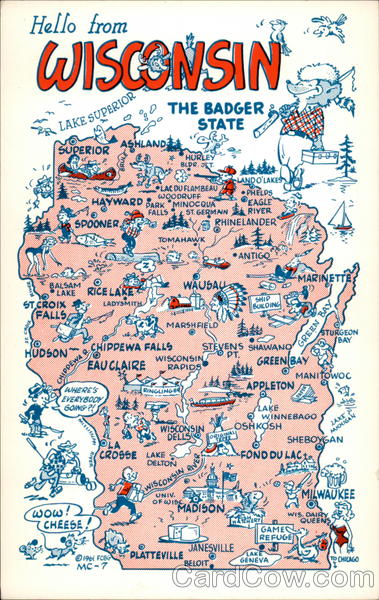The Beggar Boy.
A WORDSWORTHIAN IMPROMTU.
I saw a boy, wasted and sad,
With eyes all red and crying;
Three pence was all the tin he had, —
Or else the boy was lying.His cheeks were pale and ghostly thin,
His breeches they were thinner;
He looked death’s own, when he stept in,
Or else he was a sinner.HE said his mother long was dead,
His father in the prison pent —
And yet he cooly raised his head
And asked a penny for their rent.“O ho!” I said, “you want a cent
Upon pretenses frail;
Why pay your buried mother’s rent?
Or father’s locked in jail?”He sadly bit his pale thin lip,
A tear stole out his eye;
I thought I had him on the hip —
I thought he’d told a lie.At length he spoke, in quivering tone,
And midst the words he wept; —
“My father soon is coming home,
He’s most worked out his debt.“And mother, while she starved and died,
On our cold cellar floor,
Would often call us to her side,
And tell us Christ was poor.“She said that He would give us bread,
That He would take her trust;
When our sick mother should be dead,
And mouldered into dust.“She said her spirit would not die,
But often with us be,
And often too, we’d feel her nigh,
Though in eternity.“And since she died,” the pale boy said,
“We’ve found her words were true;
At night we see her by our bed,
Her face of brilliant hue.“All round our little room she’ll tread,
And stay sometimes till light;
Oh, no! her spirit is not dead,
She’s with us all the night.“And often when we sob and sigh,
And think we’ll never sleep,
A soft hand wipes the tearful eye —
We feel we must not weep.“And so dear James and little May,
And I live on alone;
From door to door I beg all day
For bread to carry home.“And when at times I bring some meat
We save it all the night,
That mother when she comes may eat
Or gladden at the sight.“And so, kind sir, I asked a cent,”
The faltering boy kept on,
“To help make out our weekly rent,
Till father can come home.And so the tatter’d boy was right,
The rent was for the dead!
His mother lived with him at night,
Close by her children’s bed.* * * * *
Turn not away the stricken poor,
With harsh and chilling air;
Think when they hover round your door,
‘Tis Christ who sends them there.
The Mountain Democrat (Placerville, California) Aug 26, 1854
















